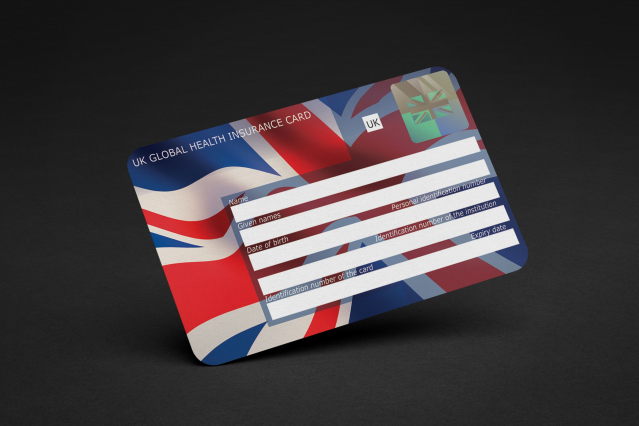While those with valid EHICs (that have not expired) can continue to use their cards, others will have to apply for the replacement, GHIC that is issued by the UK government. We look at what all is covered and what is excluded for both cards in this blog:
Access to state healthcare: Having an EHIC/GHIC offers access to state healthcare facilities where the cardholder might have to pay a subsidized amount or get free treatment depending upon the local laws that will be the same for the locals. However, services like dental treatment or physiotherapy that are covered by the NHS may not be offered in state facilities. Patients needing these treatments might have to choose private treatment.
- Any pre-existing illness: Having an EHIC/GHIC offers coverage for any pre-existing medical conditions that are not covered by travel insurance.
- Antenatal care: Those that need to go in for routine maternity check-ups when on a trip to any EU country can use their EHIC/GHIC.
- Need routine treatments: Any individual that needs oxygen therapy or regular kidney dialysis will be able to use state-run health care services using their EHIC/GHIC. They just need to ensure they book their appointments in the country they will visit before the trip.
- Any type of treatment required in a state hospital like an A&E visit or GP appointment is covered.
- Travel down under: At present visitors to New Zealand and Australia are also included as per an arrangement between the UK and their governments.
Coverage not included:
While the EHIC/GHIC can be used for medical requirements in state healthcare facilities, some services excluded are as follows:
- Any kind of treatment at a private hospital, clinic or by a private GP
- Medical repatriation to the UK or any kind of rescue by air ambulance
- Those travelling on cruise ships cannot use their cards to access healthcare at any port since the ships move from one country to another and individuals are not counted as temporary residents.
- One cannot travel to deliver their baby in a specific country intentionally nor visit for planned treatment.
- There will be a charge for prescribed medicines as most citizens in other EU countries have to pay for their medications
- Any kind of expenses incurred while undergoing treatment like paying for your meals in the hospital, prescription medicine costs and laundry charges etc. while in hospital will not be covered by the EHIC/GHIC although, travel insurance should have that included.
Who is eligible for a GHIC?
While the earlier EHIC was for all citizens of the EU and administered by the EU, the GHIC is only for citizens of the UK. Those individuals that pay taxes in the UK, live here and legally are ordinarily residents who get access to the NHS and also are eligible for the GHIC if they plan to travel anywhere within the EU. However, citizens of the EU and other countries will also be eligible if they meet the ordinarily resident criteria. Those citizens of the EU that are not eligible for a GHIC can still apply for their EHIC in their home country.
- If there is a change in residency status, the entitlement to an EHIC/GHIC could also change.
- Those that carry an expired GHIC/EHIC and make use of it will have to bear the complete treatment costs if they were found ineligible for the card.
- Those that move overseas to the EU to study or work may not qualify for the GHIC as it would be subject to their residency status.
